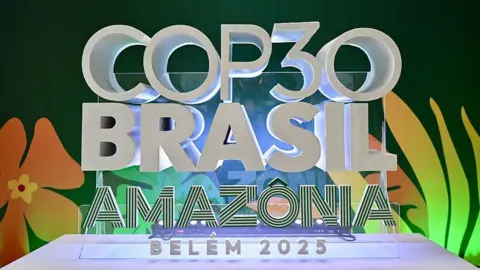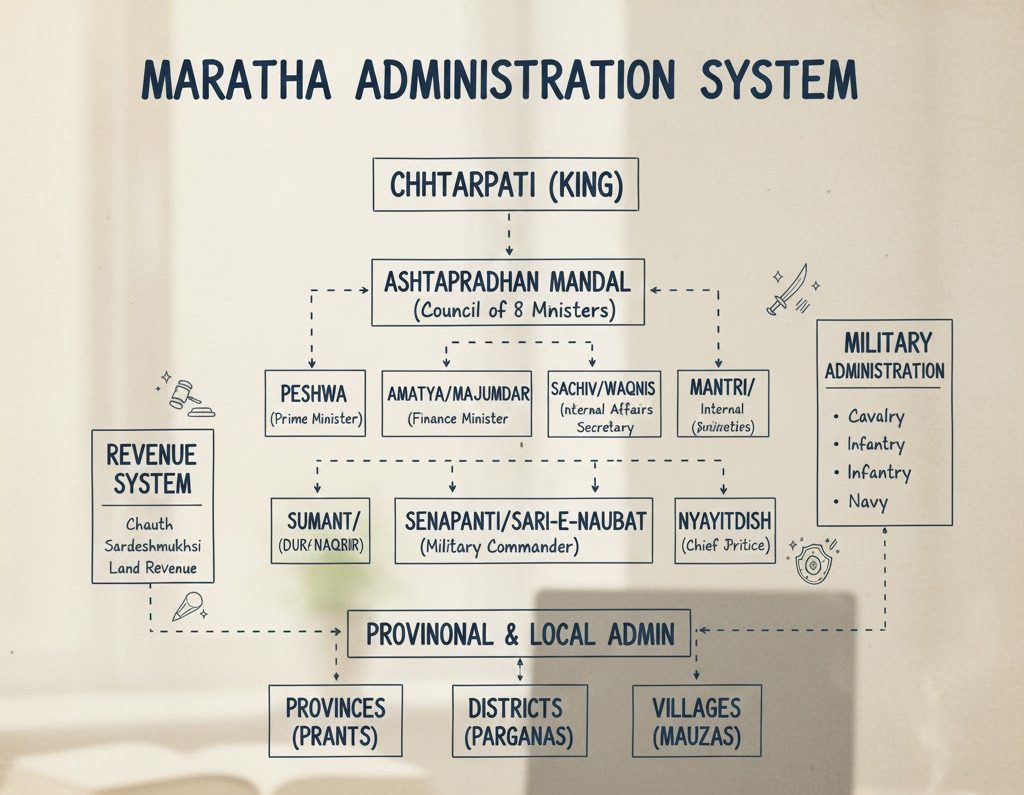COP30 (Belém, Brazil): Key Initiatives and Major Issues
Explore the major initiatives and critical issues of COP30 in Belém, Brazil—Indigenous protests, US absence, diluted Belém Package, fossil fuel lobbying, forest funds, Congo Basin support, Belém Pledge, and challenges to global climate action.
COP30 Belém Brazil: Key Initiatives, Indigenous Protests, Fossil Fuel Issues & Climate Negotiation Outcomes
COP30, held in Belém, Brazil, arrived at a moment when the world faced accelerating climate disasters, including floods in South America and wildfires across the Amazon. Despite expectations that this summit would become an “implementation COP” after years of slow progress since the Paris Agreement, COP30 instead exposed the deep fractures within global climate politics. The conference was marked by historic levels of Indigenous mobilization, the unprecedented absence of a US delegation, aggressive fossil fuel lobbying, and diluted outcomes—at a time when the world had already crossed 1.6°C warming the previous year.

Major Initiatives Launched at COP30
One of the most significant announcements was the Belém Pledge, supported by countries such as Japan, India, and Brazil. Signatories committed to quadrupling sustainable fuels production and use by 2035, aiming to accelerate decarbonisation in transport, heavy industry, and aviation. While ambitious, the pledge depends heavily on investment, technology transfer, and accessible financing.
Brazil also launched a US$6 billion Forest Trust Fund to support rainforest communities, strengthen conservation mechanisms, and improve climate resilience. This initiative reinforces Brazil’s role as a leader in global forest governance, particularly critical as the Amazon approaches deforestation-driven tipping points.
The EU announced additional financing through the Congo Basin Fund, recognising the Congo Basin as the world’s second-largest rainforest and a major global carbon sink. These funds aim to help countries expand conservation efforts and community-led forest protection.
In an unprecedented development, civil society pressure during COP30 led the Brazilian government to approve the recognition of four new Indigenous territories. This is significant because Indigenous lands historically demonstrate some of the lowest deforestation rates.
Another initiative was the Global Mutirão Text, a proposed roadmap to “transition away” from fossil fuels. Over 80 countries supported this early draft, considering it a historic step towards defining a unified global fossil fuel transition. However, the final influence of this text was weakened as negotiations progressed.
Major Issues That Arose During COP30
One of the most debated controversies was Indigenous exclusion. Despite more than 5,000 Indigenous people attending COP30, only 360 had access to negotiation rooms. Meanwhile, the fossil fuel lobby registered over 1,600 delegates, creating a stark imbalance in representation. This disparity fueled the largest-ever Indigenous protests at a COP, including the “great people’s march,” demanding land rights, direct representation, and climate justice.
The absence of the United States—for the first time in COP history—created a geopolitical void. China moved swiftly to fill the space, promoting its green technology exports and negotiating energy partnerships. The absence of a major counterweight also empowered oil-producing countries such as Saudi Arabia and the UAE to push back against strong language on fossil fuel phase-out.
The final Belém Package, or main agreement text, was widely criticised. Despite the overwhelming scientific consensus that fossil fuels are the primary driver of climate change, the text did not mention “fossil fuels” even once. Instead, the agreement relied on fragmented side deals, voluntary pledges, and non-binding frameworks—undermining hopes for a decisive global commitment.
The much-anticipated Global Mutirão Roadmap was diluted during negotiations. Saudi Arabia, India, and several fossil fuel producers opposed explicit references to fossil fuel phase-out. In addition, floods and fires near the venue delayed negotiation schedules, contributing to the weakening of the final language.
Host-country symbolism also clashed with logistical realities. Holding a COP in the Amazon was meant to highlight environmental urgency, but using cruise ships for delegate accommodation ironically emitted more carbon than standard hotel arrangements. This highlighted the contradictions between climate action rhetoric and real emissions practices.
Overall, COP30 revealed a widening gap between civil society demands and political commitments, raising questions about the future credibility of global climate negotiations.
Subscribe to our Youtube Channel for more Valuable Content – TheStudyias
Download the App to Subscribe to our Courses – Thestudyias
The Source’s Authority and Ownership of the Article is Claimed By THE STUDY IAS BY MANIKANT SINGH





